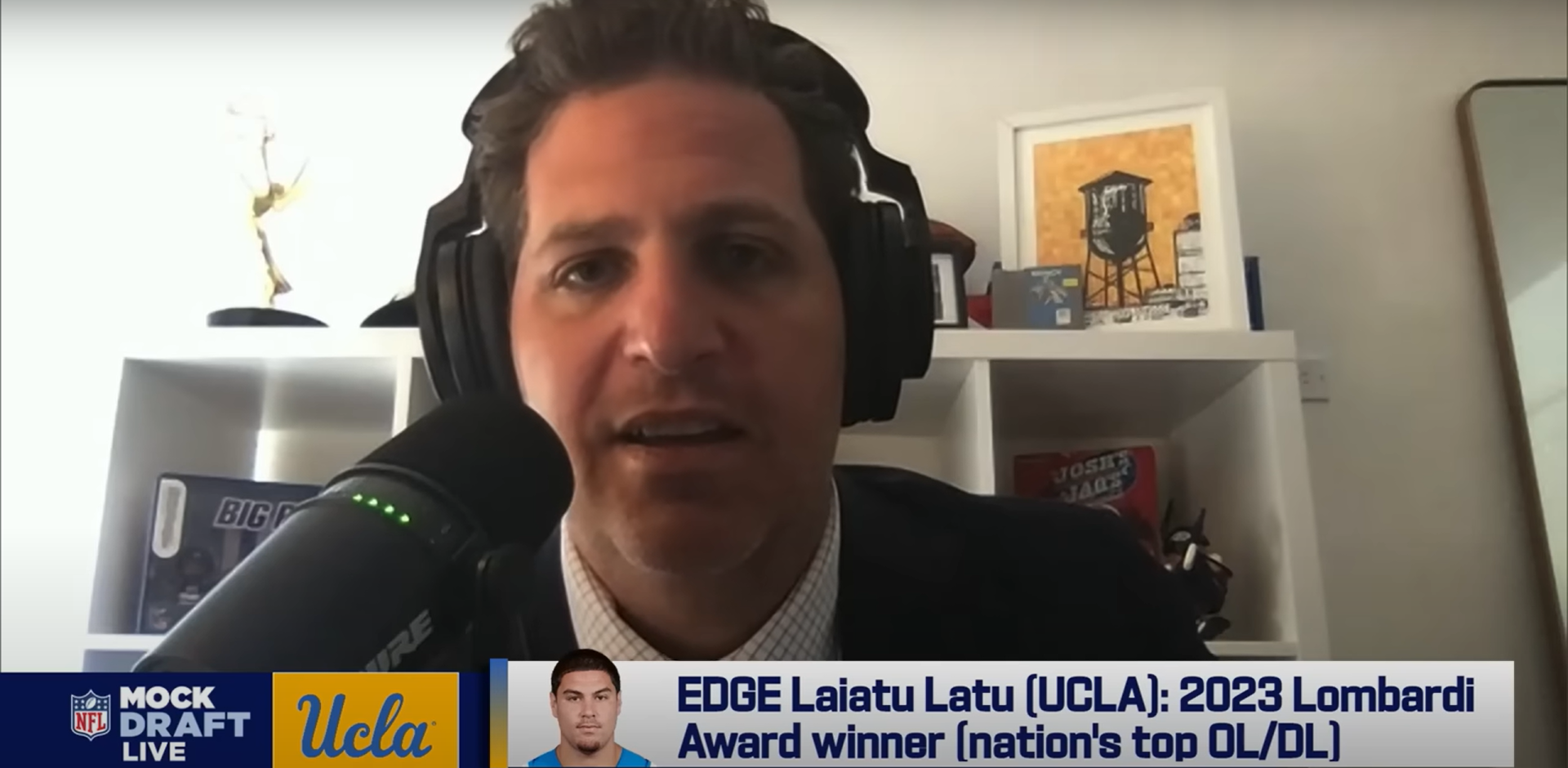This story about a relationship to license the Sports Illustrated brand ending is different from the other one you’re already familiar with. But unlike the acrimonious and still-ongoing separation (or maybe not) fight between SI owner Authentic Brands Group and publisher The Arena Group, this one doesn’t involve missed payments, or even much to do with the magazine’s actual publishing operations.
But it does come with a massive payout for Authentic.
That would be the end of the SI Sportsbook relationship with UK-based gambling operator 888 Holdings, with Sportico’s Jacob Feldman reporting that 888 will shut down that book and pay Authentic $50 million as an exit fee.
News: 888 has terminated its license with Authentic Brands Group for the use of Sports Illustrated's name as part of the SI Sportsbook, which is active in Colorado, Michigan and Virginia.
888 is exploring the sale or exit of its US B2C operation, according to a recent filing. pic.twitter.com/dSnPCTMioU
— ✏️Jacob Feldman (@JacobFeldman4) March 6, 2024
The Authentic-888 deal for SI Sportsbook was struck less than three years ago in June 2021. As per a Sportico piece from Eben Novy-Williams then, it included “an upfront licensing fee paid to SI owner Authentic Brands Group, additional payments based on performance metrics, and an equity offering,” and Authentic was given “a 4.9 percent stake in 888’s consumer-facing U.S. business with options to buy up to nearly 20 percent at future dates.” So they already made a lot of money off this.
However, the sportsbook was only ever launched in three states (Colorado, Virginia, and Michigan). It’s now expected to close in those states in the next six to 18 months. 888 is now paying Authentic more money still to end the deal and Authentic now plans to pivot to licensing out SI content to other gambling companies.
Here’s more on the specifics from Feldman’s piece:
According to the filing, 888 will pay Authentic a $50 million breakup fee split into two payments. As originally signed, the SI Sportsbook deal was set to run for up to 20 years, featuring an upfront licensing fee as well as a chance for Authentic to acquire up to 20% of 888’s consumer-facing U.S. business.
Now, according to an Authentic executive familiar with the company’s plans but not given permission to discuss them publicly, Authentic will embrace a “Gambling 2.0” strategy, attempting to distribute Sports Illustrated content on a non-exclusive basis to other sportsbook operators.
…Gambling-related royalties currently represent approximately 10% of Authentic’s SI-connected revenues, which itself makes up a small portion of the company’s licensing empire. In its editorial licensing deal with Arena Group Holdings, Authentic set up a carve-out allowing it to capitalize betting content, while incentivizing the publisher to create such stories.
This story is significant on a few fronts. For one, it illustrates the growing consolidation in the U.S. sports betting market. That’s seen more and more business moving towards the largest operators, and many small operators closing. It also illustrates the incredible amounts of money some of these companies were willing to pay for brand licenses and the way they’d sign deals involving equity and massive termination fees like this.
Last August, DraftKings and FanDuel were estimated to have 31 and 30 percent of online gaming revenue (counting sports betting and casino games) respectively, with BetMGM a distant third at around 15 percent and Caesars and BetRivers both down around five percent. As per CNBC last month, FanDuel and DraftKings remain the two largest by far, with ESPN Bet coming on since its November launch, but still only an eight percent market share (up from six percent after its first month). Meanwhile, a lot of sportsbooks have closed, including FoxBet last July and Mojo in December.
But beyond that, this helps to illustrate Authentic’s business model with SI and how little of that is about publishing written content. Yes, there were some content connections here (and it’s interesting to read that Authentic’s deal with Arena had a carve-out where they could monetize betting content themselves), but the biggest thing here was the SI name. And that’s the case with everything else, from parties to resorts to nutrition supplements.
Some of those ideas have worked out better than others from both a financial and branding perspective. But Authentic has generally made money from all of that licensing, and that fits with how they operate with the many other athletes, celebrities, and estates they represent. That goes to show how they don’t necessarily need SI’s editorial operations to make a huge amount of money (reports have said they’re profitable, but there’s a lot of potential complication there, including around the Authentic-Arena licensing arrangement). But they need the overall brand to continue as something that’s liked and respected, which it generally still is despite all the recent challenges.
Thus, that will be notable to watch during the ongoing discussions over who will get to operate SI (contenders include Arena again, with a “new” strategy SI has already tried, but also Minute Media) as well as who will work there. The gambling shift change here is perhaps more related to editorial operations than most of these licensing deals, as this new approach from Authentic sounds like it will involve more SI-generated content (and that will have to be solid content for them to be able to get much for selling it on a non-exclusive basis). So it will be worth tracking around those publishing discussions, and it will be interesting to see where it winds up.
Correction: This post initially had a headline typo on the name of Sports Illustrated.
[Sportico]







